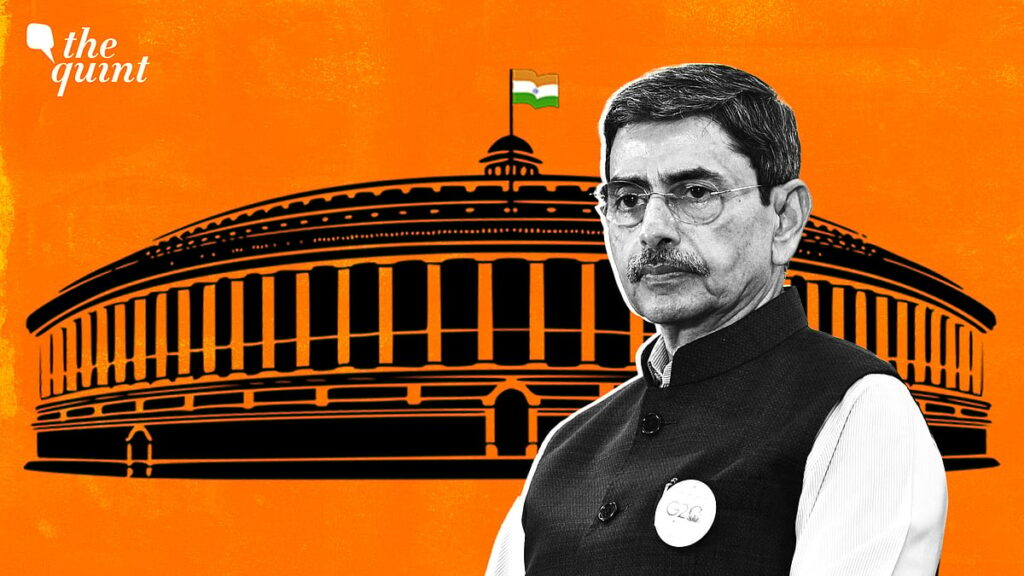This decision is now being spoken in the same breath as the SR Bomai case, a landmark of 1994 who held the wings of the center under Article 356 and strengthened the hands of the state governments. Like the turn, this decision re -writes the conferences that, until now, allowed the governors to work with impurity.
In acting on ten bills passed by the Tamil Nadu Legislative Assembly, for many years, Ravi’s inexplicable delay. By announced that these were the bills It is believed Due to the unconstitutional silence of the Governor, the Supreme Court has created a new constitutional principle: There are also results of that inaction.
These bills mainly amend the functions of various state universities, which contain the power to appoint the Vice Chancellor (VC) with the state government, curb the governor’s discretionary powers, which, as Chancellor, traditionally inspect the process.
On the ground, it clears the way to claim more control over public higher education institutions by influencing the selection of educational leadership for the Government of Tamil Nadu. It comes at a time when the University Grants Commission (UGC) issued its own guidelines for VC appointments, making a UGC nominee and a search committee compulsory.
In particular, the court set a deadline for working for a governor from one to three months. This has effectively eliminated ‘Pocket Veto’ culture, where Governors Stonewell laws are not just doing anything.
As Justice JB Paradwala noted with clarity, “A governor is a catalyst, not an inhibitor.” But Ravi, at every turn, later chose. Instead of reducing governance, they have blocked it. Instead of being a fair person, he has put himself as a biased actor.


